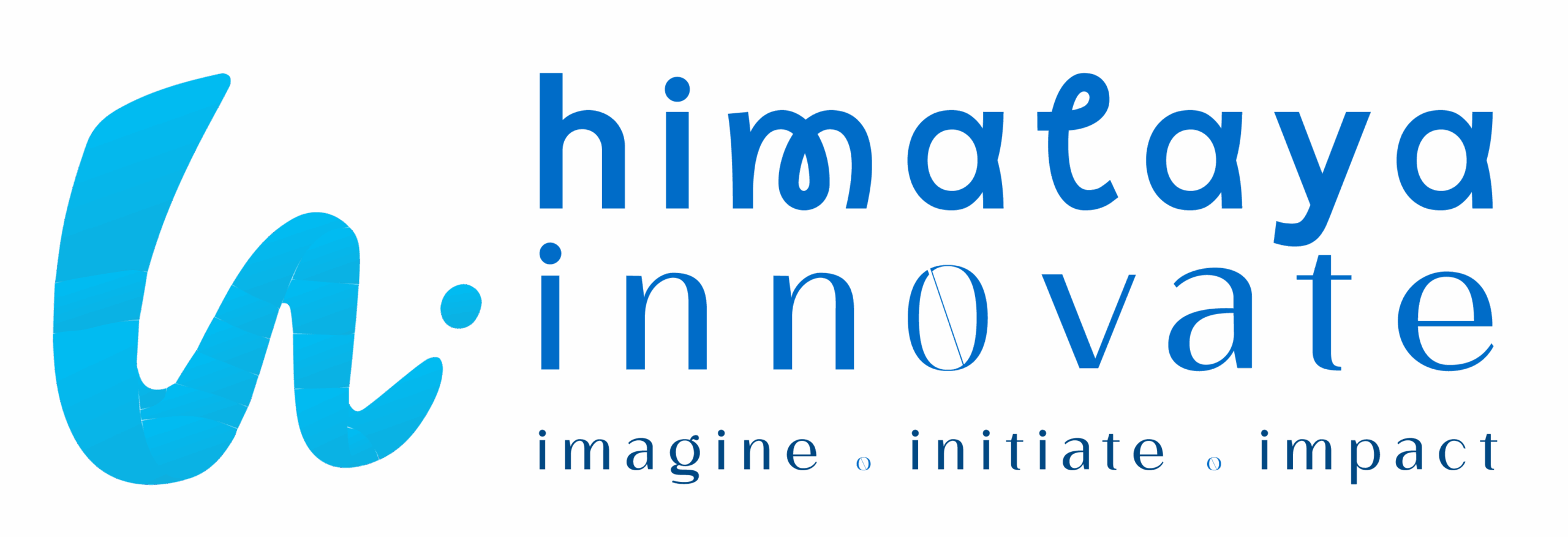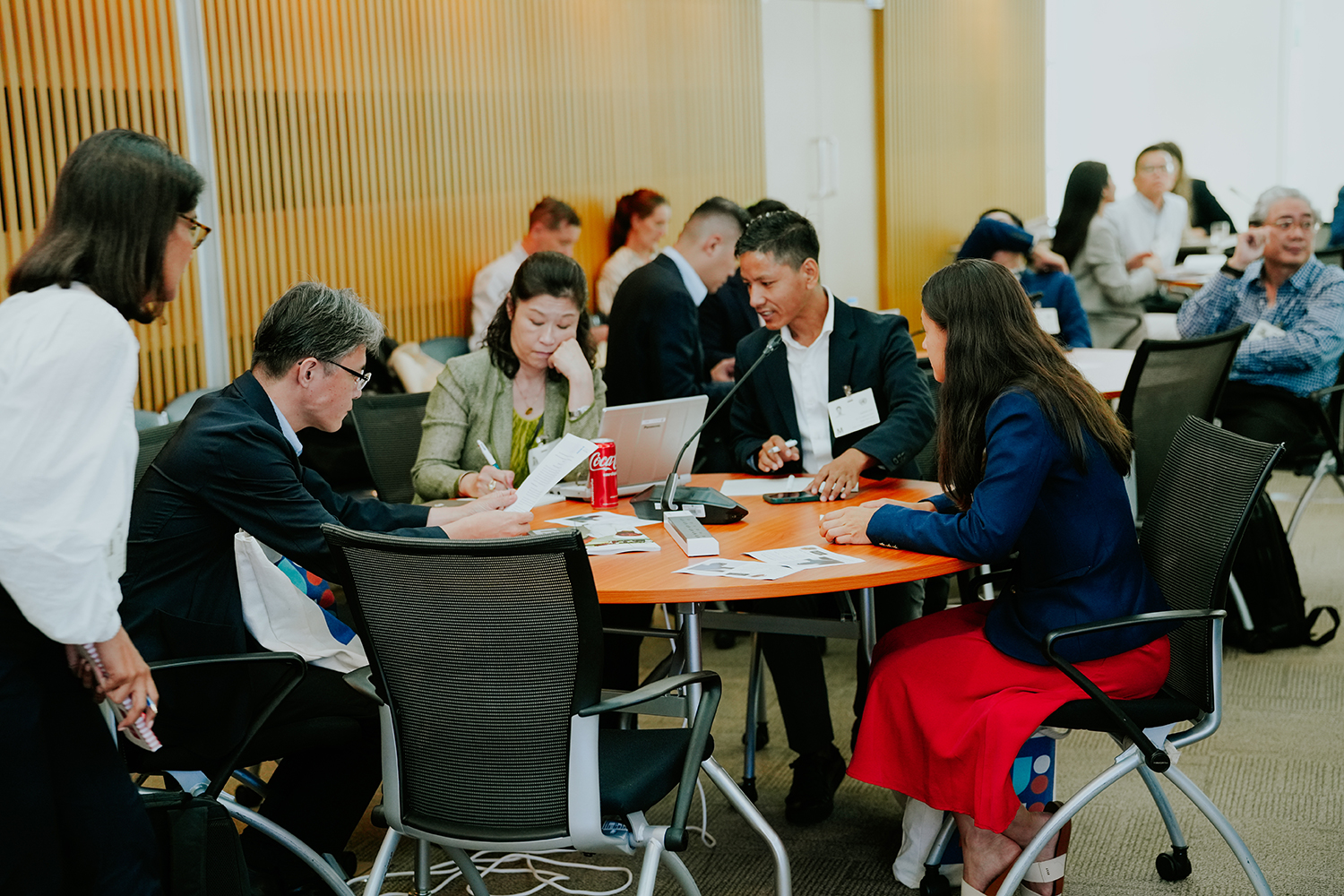
The United Nations Responsible Business and Human Rights Forum 2024 in Bangkok, themed “The Remedy Blueprint: Bridging Gaps and Accelerating Access”, brought together a dynamic group of business leaders, policymakers, and civil society representatives from the Asia-Pacific region. As a participant, I had the privilege of engaging in insightful discussions on human rights due diligence, the role of technology in grievance mechanisms, and the future of responsible business practices.
Here are my key takeaways:
1. Gig Workers and Formalization
The rise of the gig economy in South and Southeast Asia—driven largely by aggregator platforms—has created a vast population of gig workers, many of whom remain in the informal sector. The International Organization of Employers (IOE) is actively working to address this, but formalizing this workforce remains a challenge. While informal sectors offer opportunities and accessibility, they often lack Operational Grievance Mechanisms (OGMs), which are vital for workers to seek redress. This gap underlines the urgency for businesses to adopt formal structures that protect gig workers’ rights while enhancing their economic security.
2. AI-Powered Grievance Mechanisms
Another fascinating topic explored was the potential of AI-powered grievance mechanisms. Many companies have their own grievance-handling processes, but there’s an increasing need for standardized tools that can offer accessible remedies. By leveraging AI, businesses can develop systems that not only address complaints more efficiently but also ensure greater accountability and transparency. This development could play a pivotal role in shaping future global AI governance frameworks. The lack of effective OGMs in various sectors presents a significant opportunity to innovate using technology, ensuring workers have a voice and access to timely remedies.
3. Effective Stakeholder Engagement
The forum also touched on the complexities of stakeholder engagement, emphasizing that it should be more than just a checkbox activity. To be meaningful, engagement needs to be tailored to specific departmental needs and reflect the realities of the stakeholders involved. One insightful workshop demonstrated how businesses can enhance their processes by prioritizing stakeholders and understanding their diverse concerns. This is an area where many companies can improve, and investing in a robust stakeholder engagement strategy is crucial for any responsible business.
4. Measuring Organizational Impact
For organizations striving to make a positive difference, measuring impact is key. The ability to evaluate whether their activities are driving change helps businesses align with their sustainability goals and improve overall effectiveness. At the forum, discussions around a forthcoming Global Impact Measurement Metrics (IMM) tool sparked interest. This tool aims to help organizations standardize their impact audits, making it easier to assess and report on their contributions toward sustainability and human rights. As businesses adopt these metrics, they can make more informed, strategic decisions that align with their ethical and social responsibilities.
5. Corporate Sustainability Due Diligence Directive (CS3D)
Finally, one of the most impactful sessions focused on the Corporate Sustainability Due Diligence Directive (CS3D), shedding light on the evolving landscape of mandatory due diligence. This directive goes beyond mere compliance, pushing companies to become drivers of positive influence through sustainability and ethical practices. The Asia-Pacific region, in particular, is witnessing the rapid emergence of legislation that seeks to embed sustainability and human rights considerations into business operations. The CS3D exemplifies the shift toward more robust regulatory frameworks, and the forum underscored how important it is for businesses in the region to stay ahead of these changes.
Conclusion
The United Nations Responsible Business and Human Rights Forum 2024 served as a vital platform for addressing the key challenges businesses face today, especially in relation to human rights due diligence and sustainability. It highlighted the role of technology in shaping the future of grievance mechanisms and emphasized the importance of formalizing informal sectors, particularly for gig workers. From measuring organizational impact to engaging stakeholders more effectively, the insights from this forum will undoubtedly shape future discussions and actions within the business community.
About Himalaya Innovate
Himalaya Innovate is a social-tech startup focused on driving social impact innovation in the Himalayas and Asia. Through research, workshops, consultancy, and promoting eco-friendly products, we work toward fostering sustainable development and cross-cultural exchange.
Tagged AI & Technology, Asia-Pacific, Corporate Sustainability Due Diligence, CS3D, Due Diligence, Gig Economy, Grievance Mechanisms, Impact Measurement, Stakeholder Engagement, Sustainability

